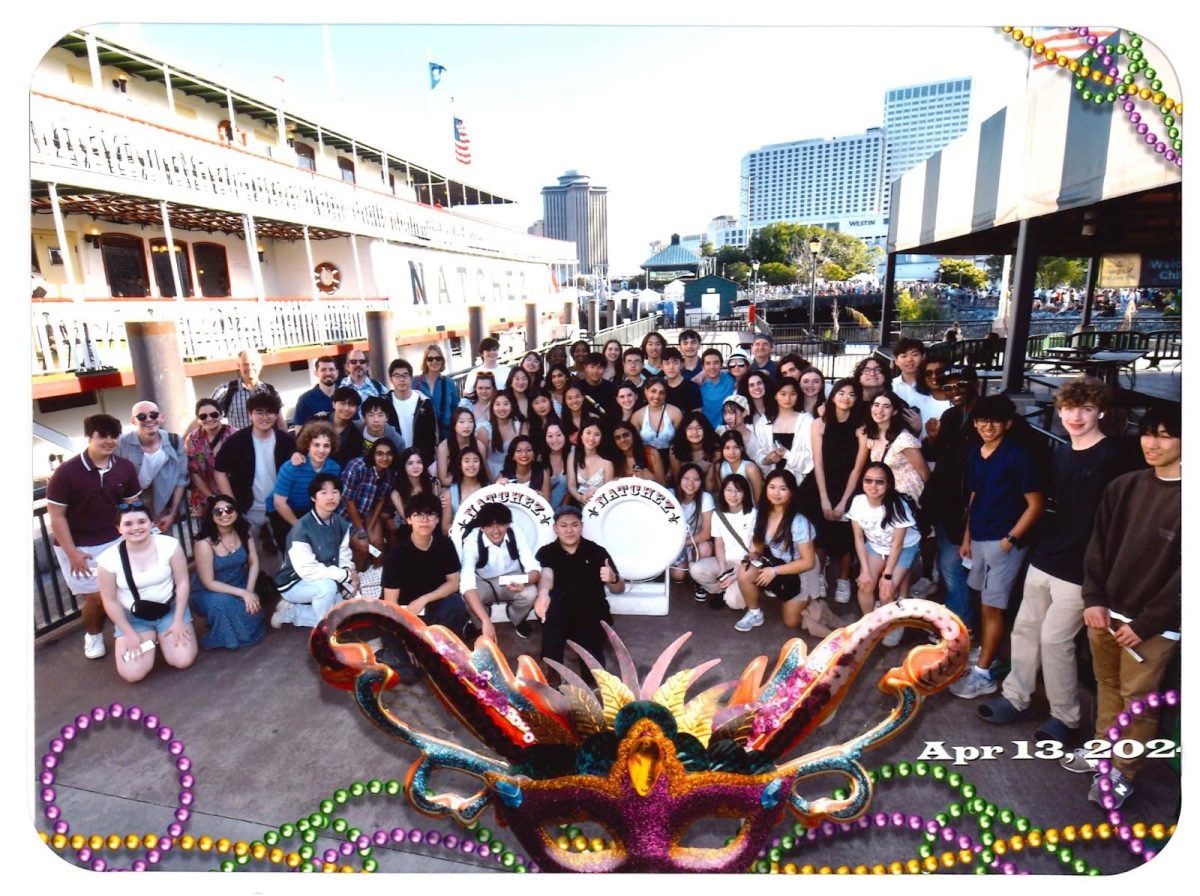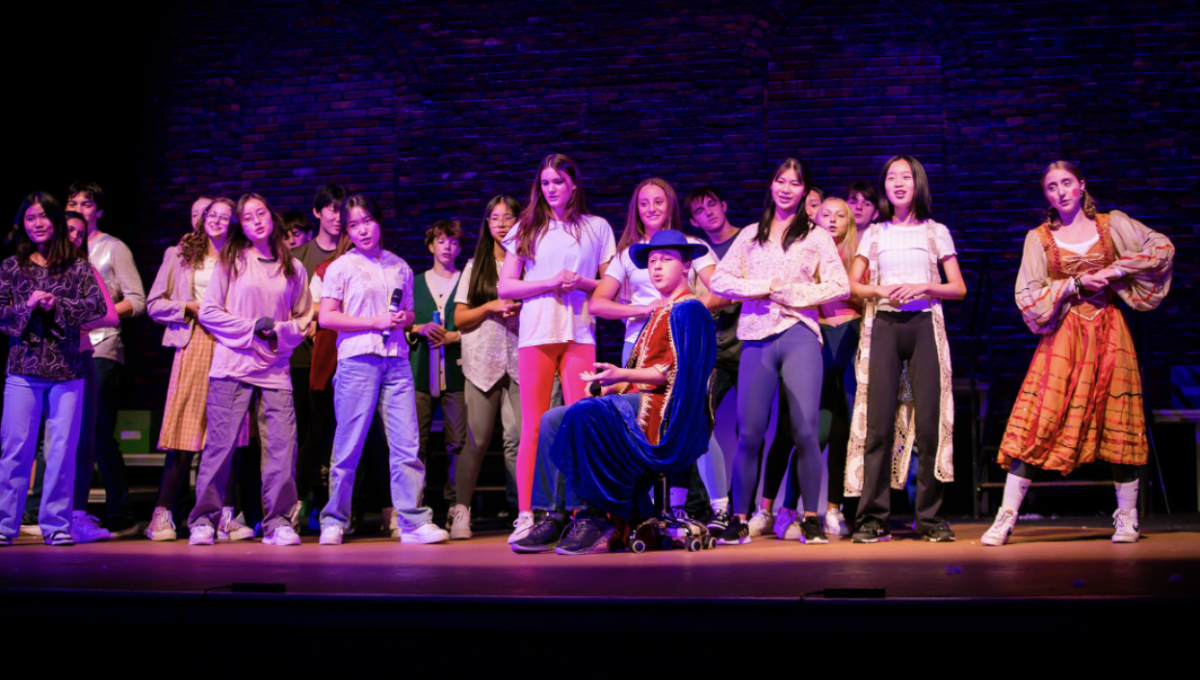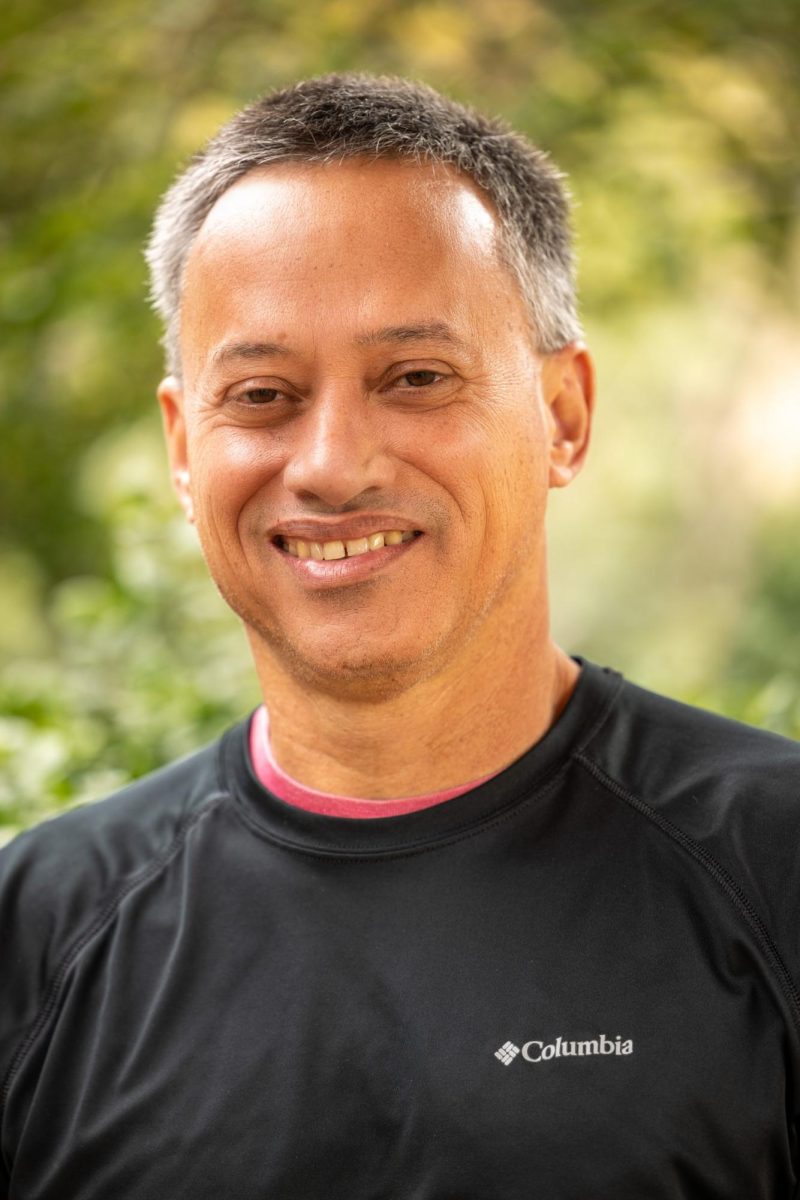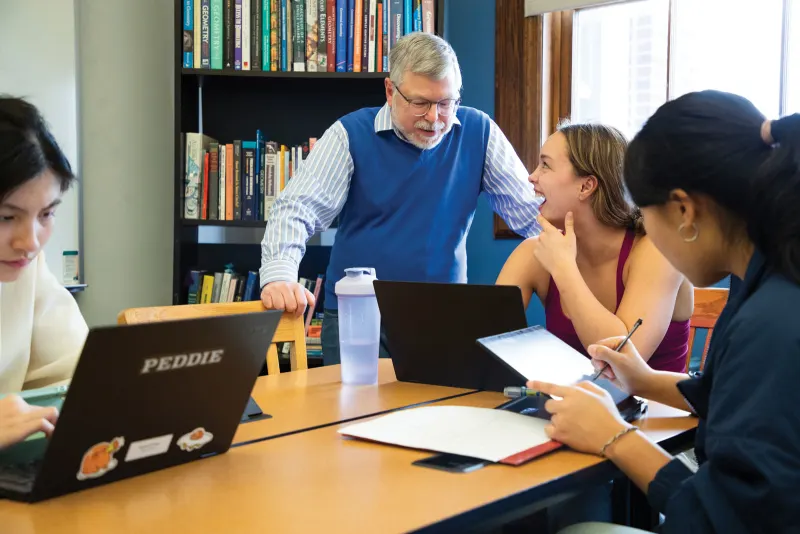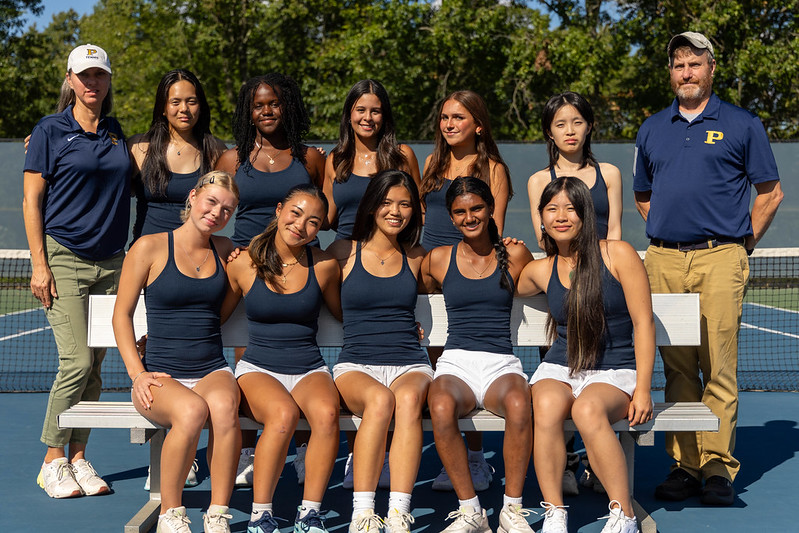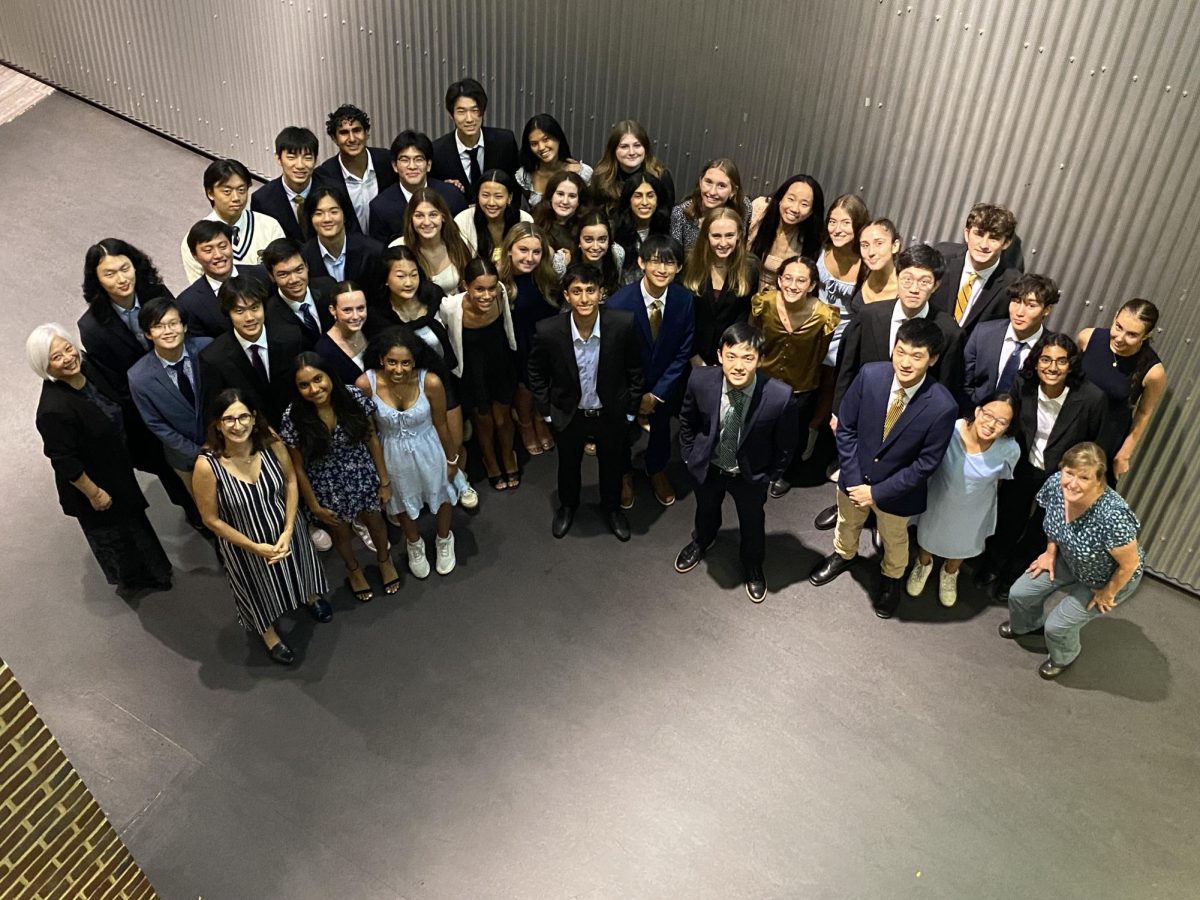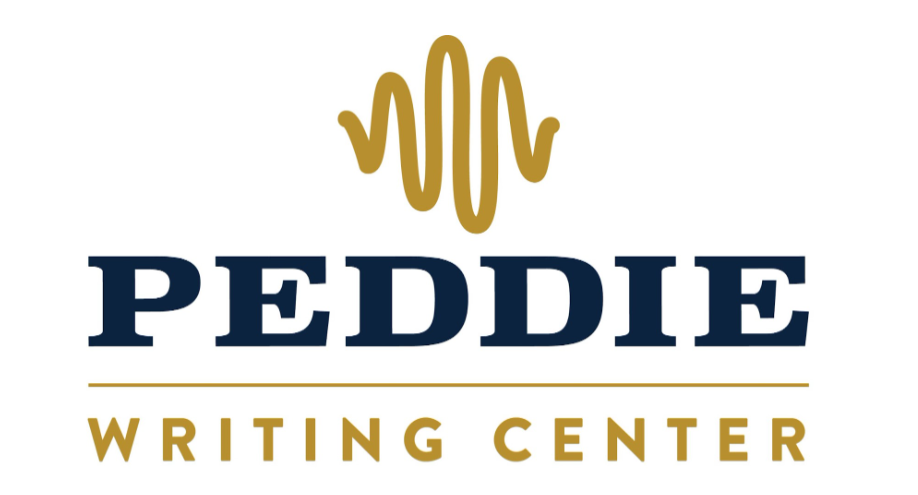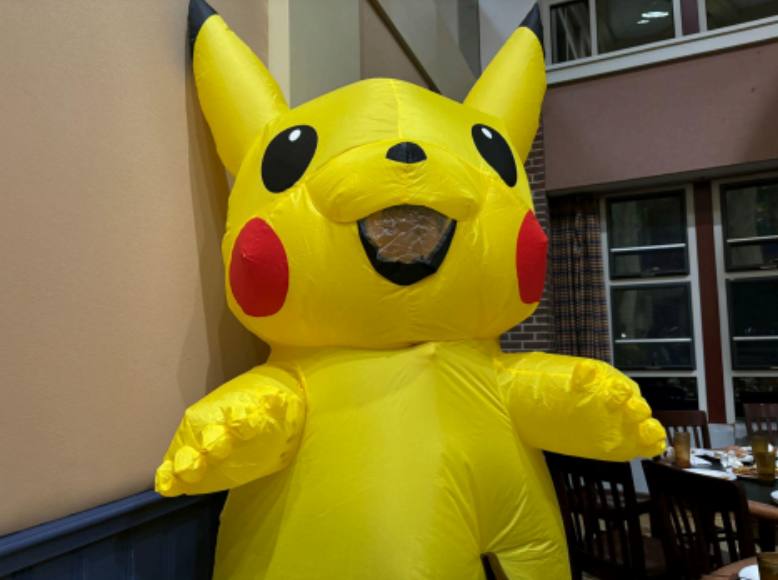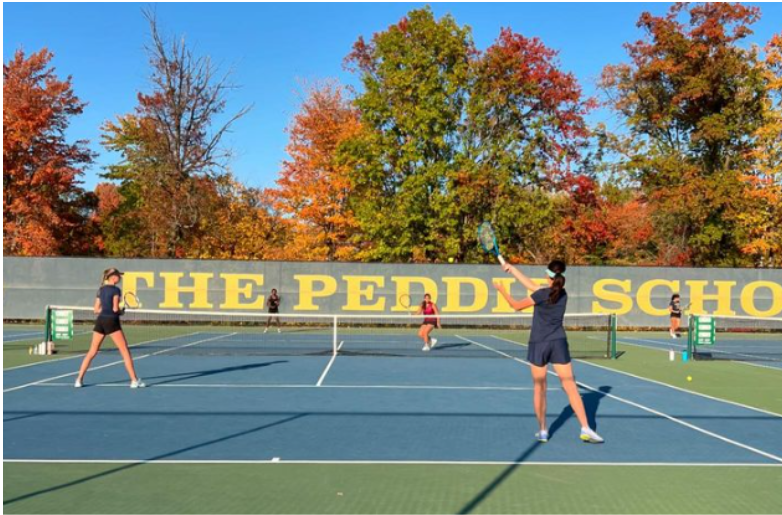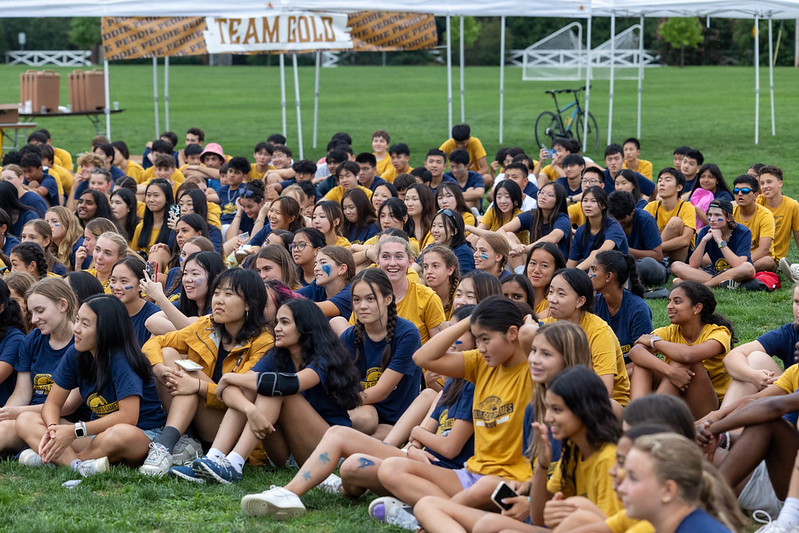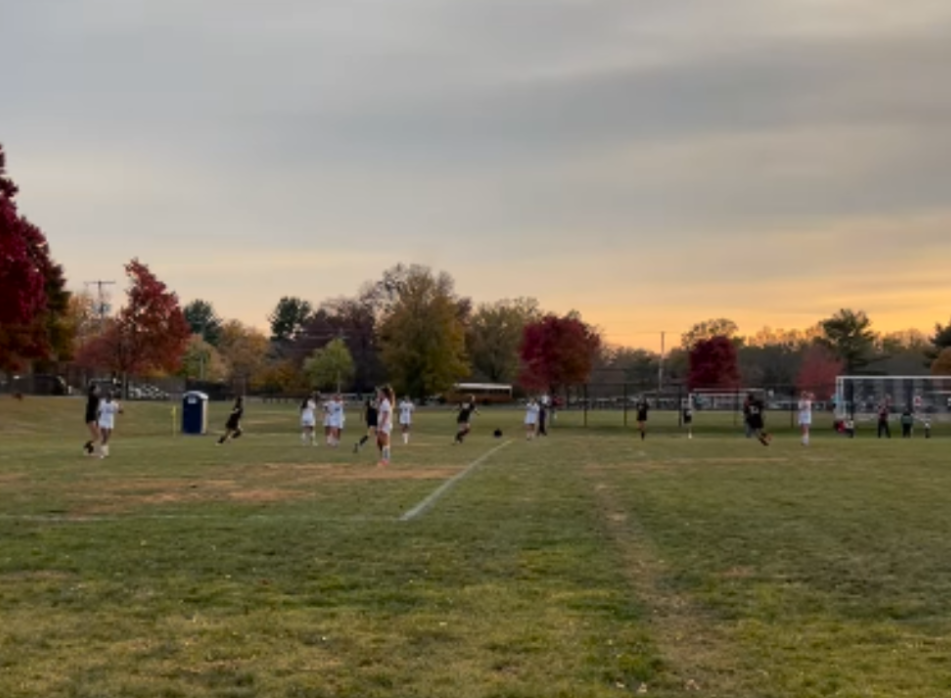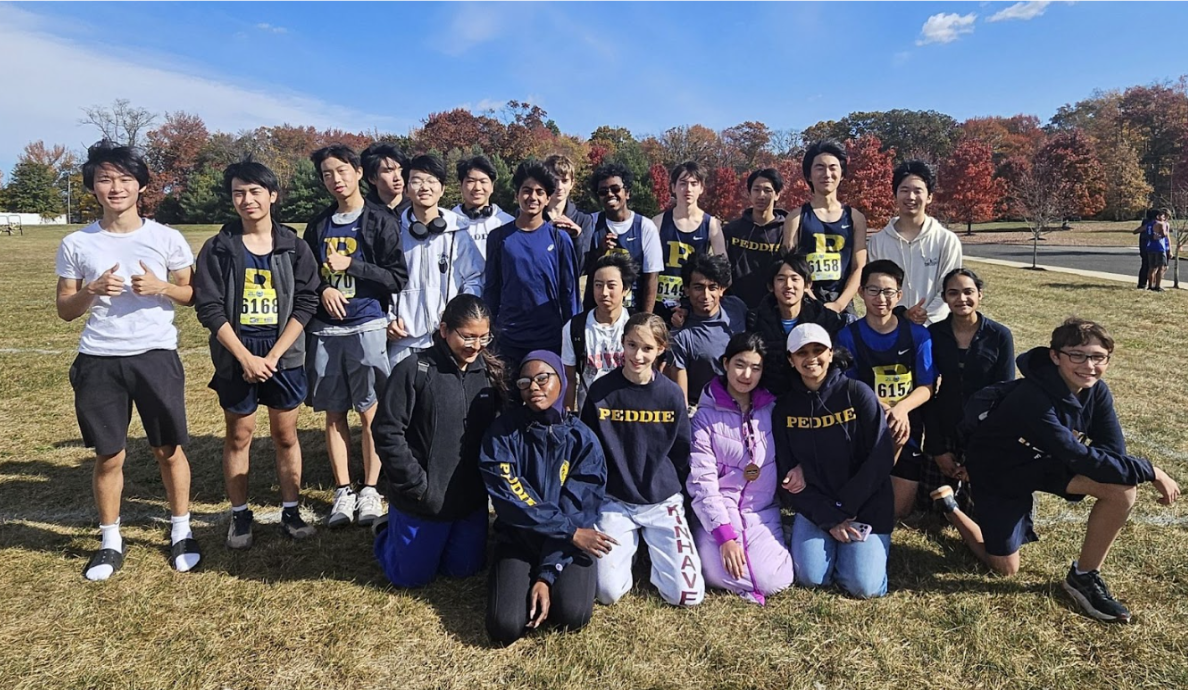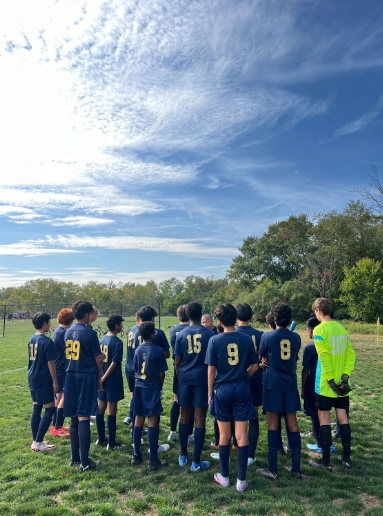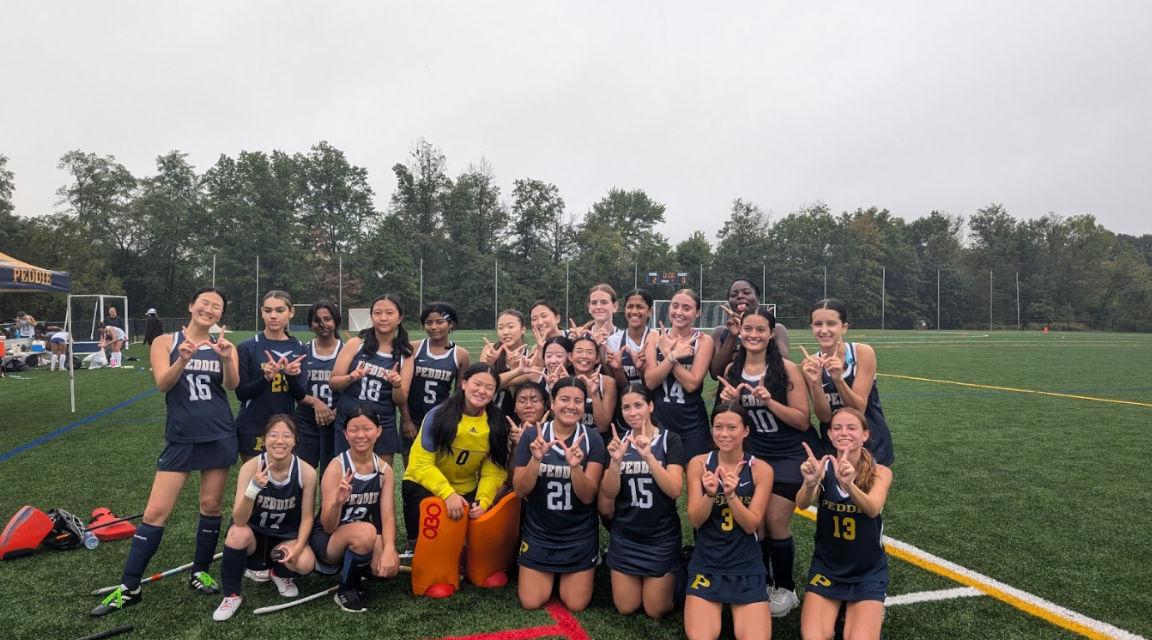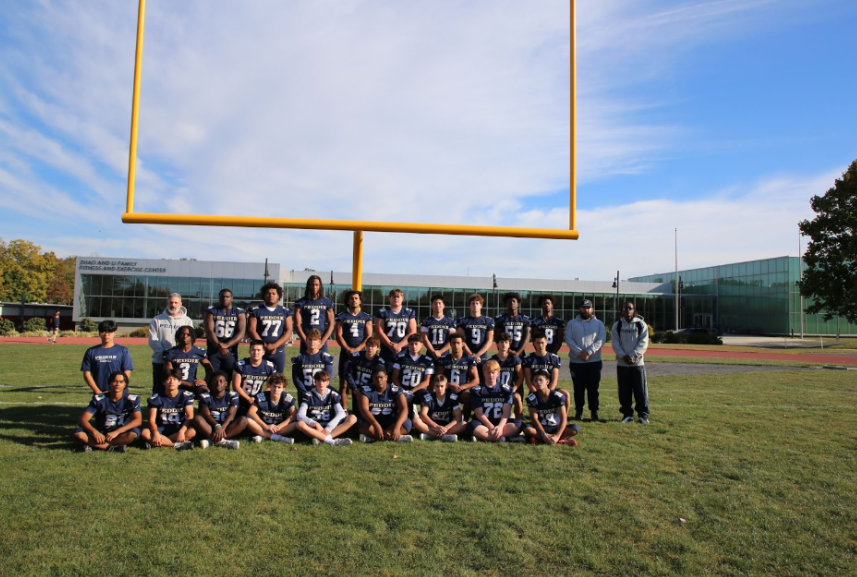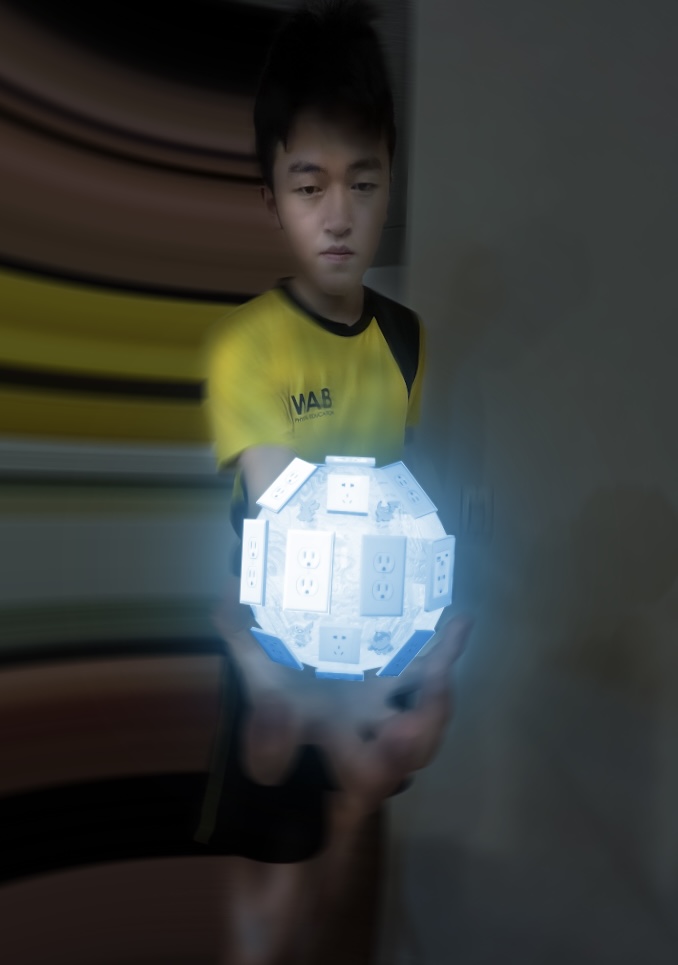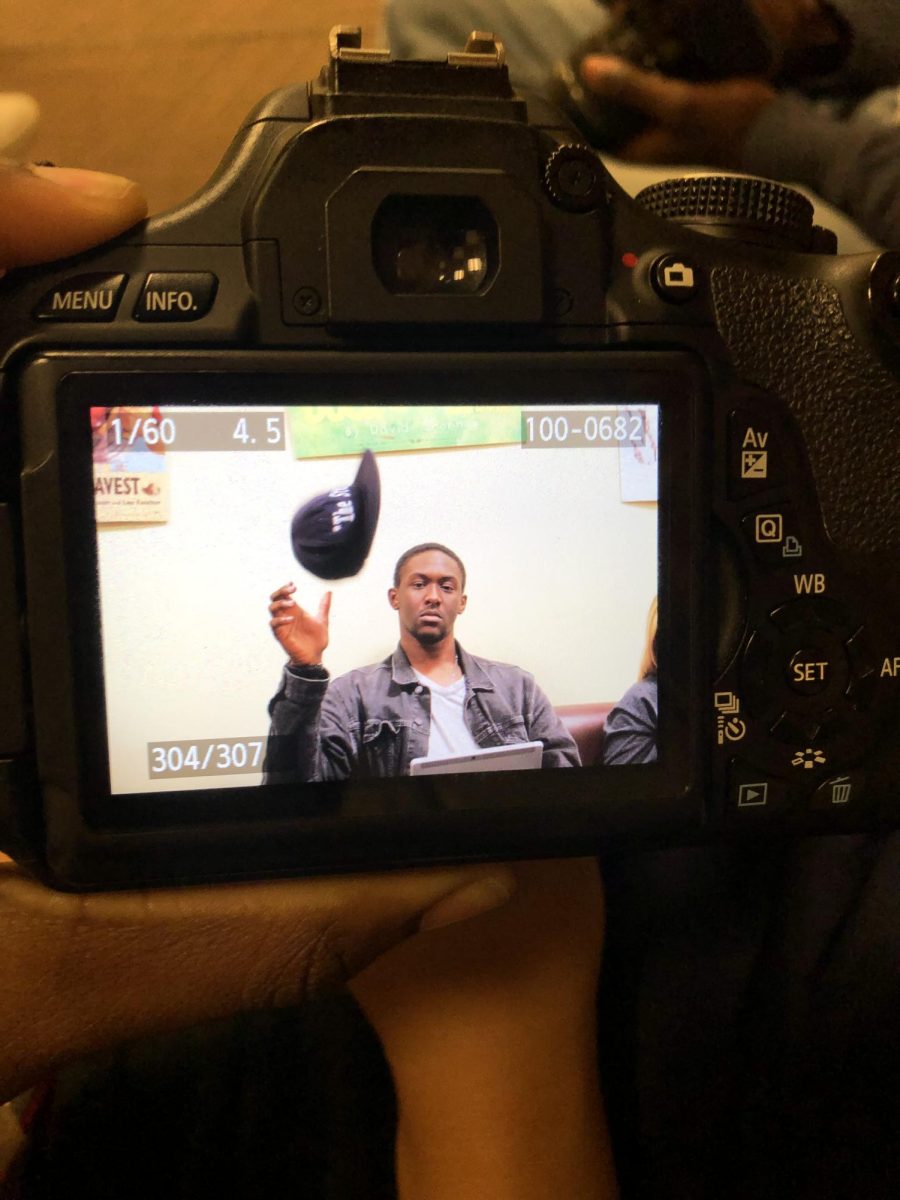With fall term coming to a close and exam season looming, navigating Peddie’s academic landscape can feel overwhelming. Whether it’s your first term at Peddie or one of your last, it’s important to establish habits that will help you succeed both academically and personally. This article contains a series of interviews with juniors and seniors who share their mistakes, experiences, insights and advice on how to make the most of Peddie’s rigorous academics and rich extracurricular offerings while maintaining a healthy balance with your personal life.
Prioritize a strict sleep schedule: On average, seniors urge students to sleep at least 7-8 hours a night. However, regardless of how much you sleep, maintaining a consistent sleep schedule is critical for your well-being and academic performance. Keaton Chien ‘25 remarked that “sleeping and waking up at the same time every day just makes me feel energized, regardless of how much sleep I really get.”
Manage your sleep plan accordingly: If you have a full schedule with multiple Advanced Placement or Honors classes, the prior step may seem nearly impossible. Some days will be harder than others, and you’re inevitably going to have a sleep schedule that is unpredictable. The best thing you can do is to use the time you sleep effectively. “Instead of sleeping late the day before a test to study, I usually sleep early. You can stay up on the nights where you don’t have assessments and make sure to get sleep on the days you do,” said Matthew Luo ’25. Unless it’s a small assessment, don’t start studying on the day of.
Discover your most productive work time: Depending on what activity you do and what classes you take, understanding when you are most alert and awake and planning accordingly can boost your productivity. Some students prefer working during DMX, during a long lunch block or during a free block. Andy Wang ’25 claims that the lower floor of the library is “the best place to lock in during DMX.” But that might not work for everyone. Whether you are waking up early to go to the library or heading straight to the dorms right after practice, take action to minimize distractions and get work done during that time.
Know when to work with others: Studying with your friends can be fun, but it can also be distracting. One of the most valuable skills in high school is knowing when to work independently, when to collaborate on the same task and when to work alongside others on different assignments. “It’s really trial and error,” said Leon Zhao ’25. “Some assignments just go by quicker working by yourself; you won’t really know the optimal approach until you try different things.” So, if you work on every assignment or study for every test with a friend, try studying by yourself. Or, if you need to work with someone else, work on separate assignments.
Notes & Study habits: This one may seem intuitive, but effective note-taking and study habits are foundational to success. Continuously reviewing her own notes is Sarah Tong ’25’s preferred way of studying, along with grinding out countless practice problems. Although studying with friends can be entertaining, it can prevent you from finishing what needs to be done. Taking good notes is crucial. It’s not just copying down everything the teacher writes on the board but also the valuable things that the teacher says. You should be able to understand your notes: Chien ’25 emphasized that “it’s very important that I make my own annotations to my own notes in order to be able to understand those notes again when I reread them a few months later for large exams.”
Take care of yourself: Amidst your academic pursuits, all interviewees urge underclassmen to prioritize their health and well-being. “There’s nothing more important than how you feel.” -Matthew Luo ’25.

